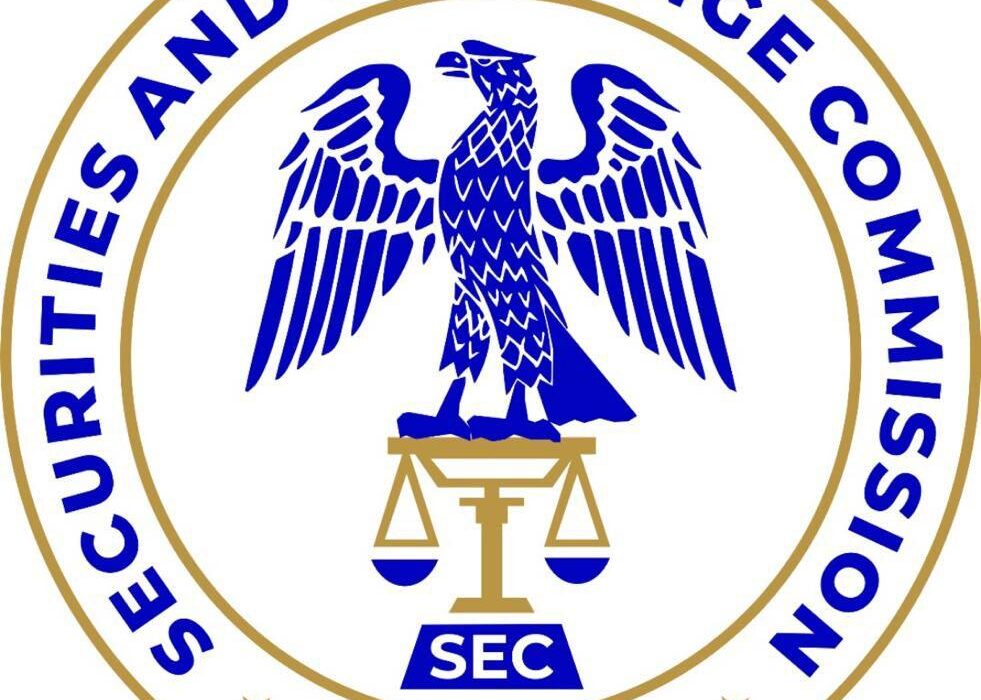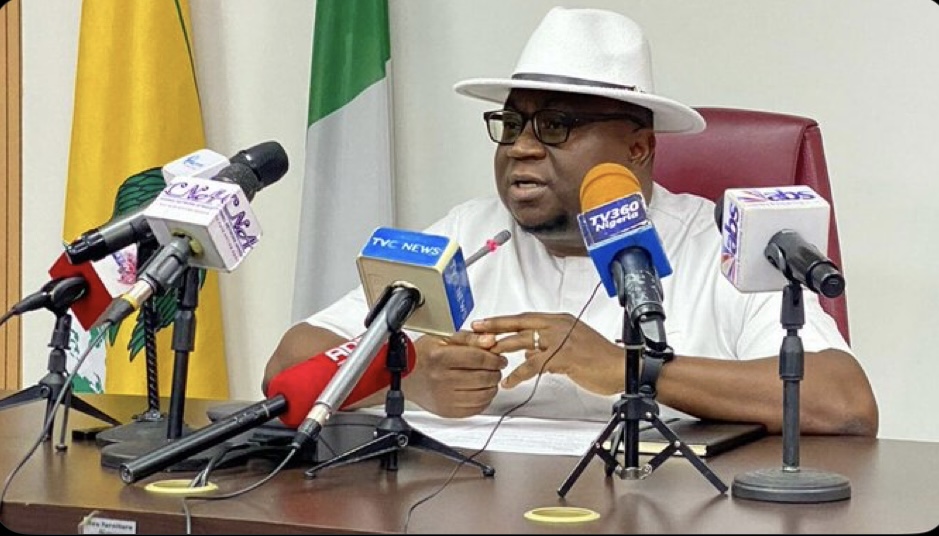EFCC, SEC, CBN in Joint Crackdown on illicit digital wallets

In a major regulatory push, the Securities and Exchange Commission, Nigeria (SEC) has announced a strategic partnership with the Central Bank of Nigeria (CBN) and the Economic and Financial Crimes Commission (EFCC) to trace, freeze and recover illicit digital wallets used for money–laundering and other financial crimes.
The move was disclosed by the SEC’s Director-General, Emomotimi Agama, in Abuja during the Abuja Journalists Academy at a lecture titled “The Regulation of Digital Assets and Virtual Asset Service Providers in Nigeria”.
According to Agama, represented by the SEC’s Head of External Relations, Efe Ebelo, the coordinated initiative aims to protect investors and reinforce integrity in Nigeria’s rapidly expanding digital finance ecosystem.
“To strengthen enforcement, the SEC is working closely with the CBN and EFCC to freeze illicit digital wallets and recover criminal proceeds.
Our goal is to ensure that innovation serves progress, not predation,” he stated.
Agama highlighted that Nigeria is among the world’s leading adopters of digital assets, with more than one-third of the population reportedly engaged in crypto‐related activities, underscoring both the opportunities and risks in the sector.
He cited threats such as crypto scams, fake wallet apps, phishing attacks and ransomware schemes, which have defrauded many unsuspecting citizens.
“Without strong regulation, innovation can quickly become vulnerability,” he cautioned. “Regulation is not about restriction; it is about building trust and ensuring that innovation strengthens our economy rather than weakens it.”
He explained that the SEC has crafted a regulatory framework for Virtual Asset Service Providers (VASPs) under its 2022 “Rules on the Issuance, Offering and Custody of Digital Assets”.
This framework is structured around three pillars — licensing, compliance and transparency — designed to promote accountability and protect investors.
Beyond policy, the SEC is now deploying technological tools such as blockchain analytics and artificial intelligence to detect, trace and respond to suspicious transactions and cyber-threats in the digital asset space. Agama noted that this leverages advanced monitoring systems to bolster supervisory capacity.
The partnership with the CBN and EFCC, he said, will enhance coordination among regulators and law-enforcement agencies—enabling swift cross-border investigations and response to financial crimes tied to digital assets. Agama placed Nigeria’s regulatory efforts in the global context, citing the Financial Action Task Force (FATF) Recommendation 15, which imposes AML/CFT controls on VASPs worldwide.
He stressed: “The message globally is clear: digital finance must be as transparent, accountable and investor-friendly as traditional finance.”
The regulatory environment is evolving. Under the 2022 Digital Assets Rules issued by the SEC, entities defined as VASPs must register with the SEC, implement KYC/AML procedures, maintain real-time transaction-monitoring and satisfy capital-and-governance thresholds. ([The Nation Newspaper][3]) Further, the more recent Investments and Securities Act 2025 (ISA 2025) formally recognises virtual assets as securities and empowers the SEC to licence and supervise them.
Agama emphasised the need for a balanced regulatory approach. “If regulators clamp down too hard, innovation migrates offshore; if they regulate too softly, risks multiply,” he remarked. “Our task is to find the right balance.” With this collaboration on freezing illicit digital wallets, the SEC signals its readiness to enforce the new regime and bolster investor confidence in Nigeria’s digital-asset economy.
Industry stakeholders and market watchers have lauded the development, viewing it as a vital step to curb persistent investor-exploitation and strengthen Nigeria’s position as a continental hub for fintech and digital finance. With regulators armed with both policy tools and technology, the challenge now lies in timely enforcement, transparency in implementation, and broadening public awareness.









